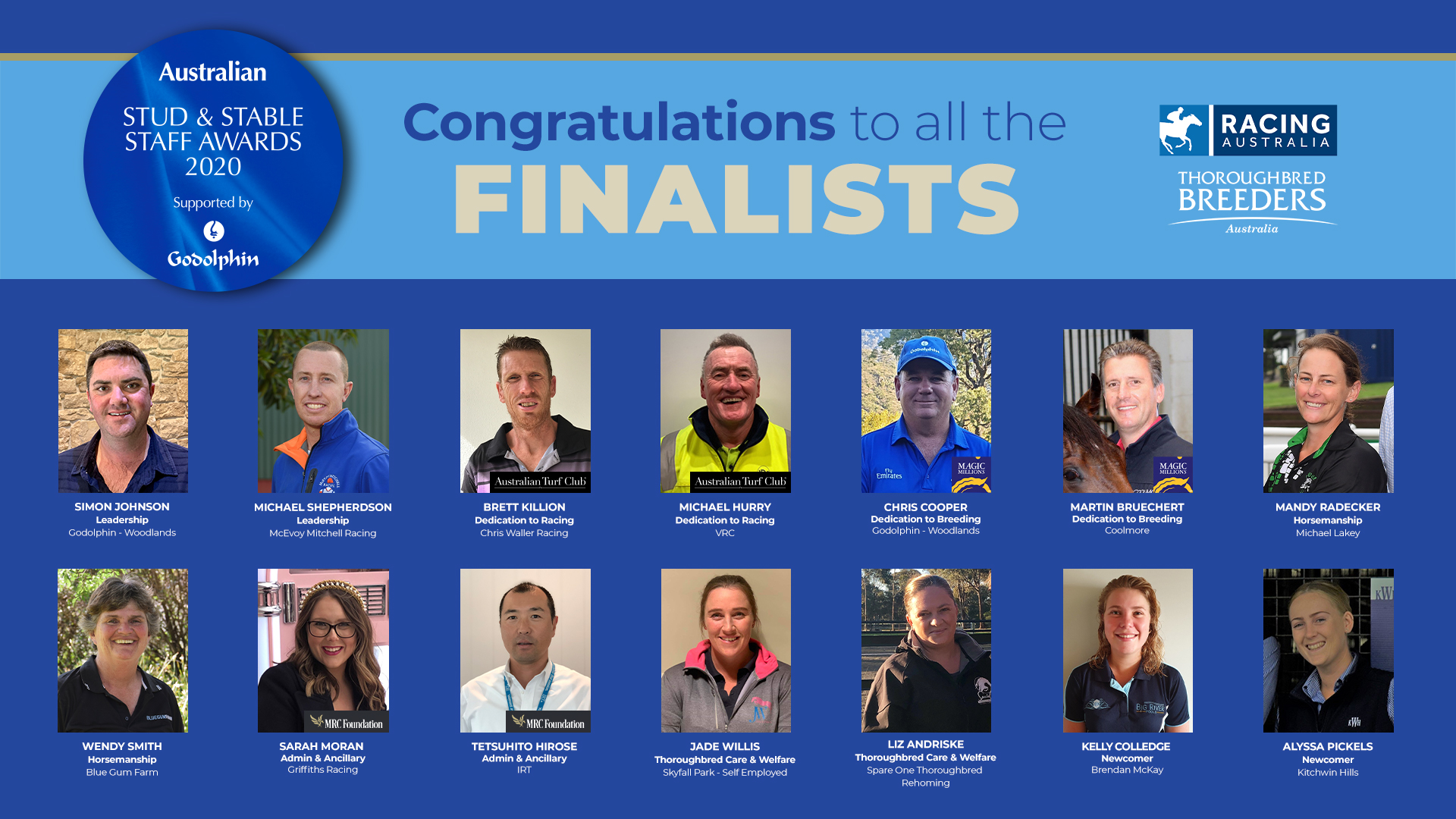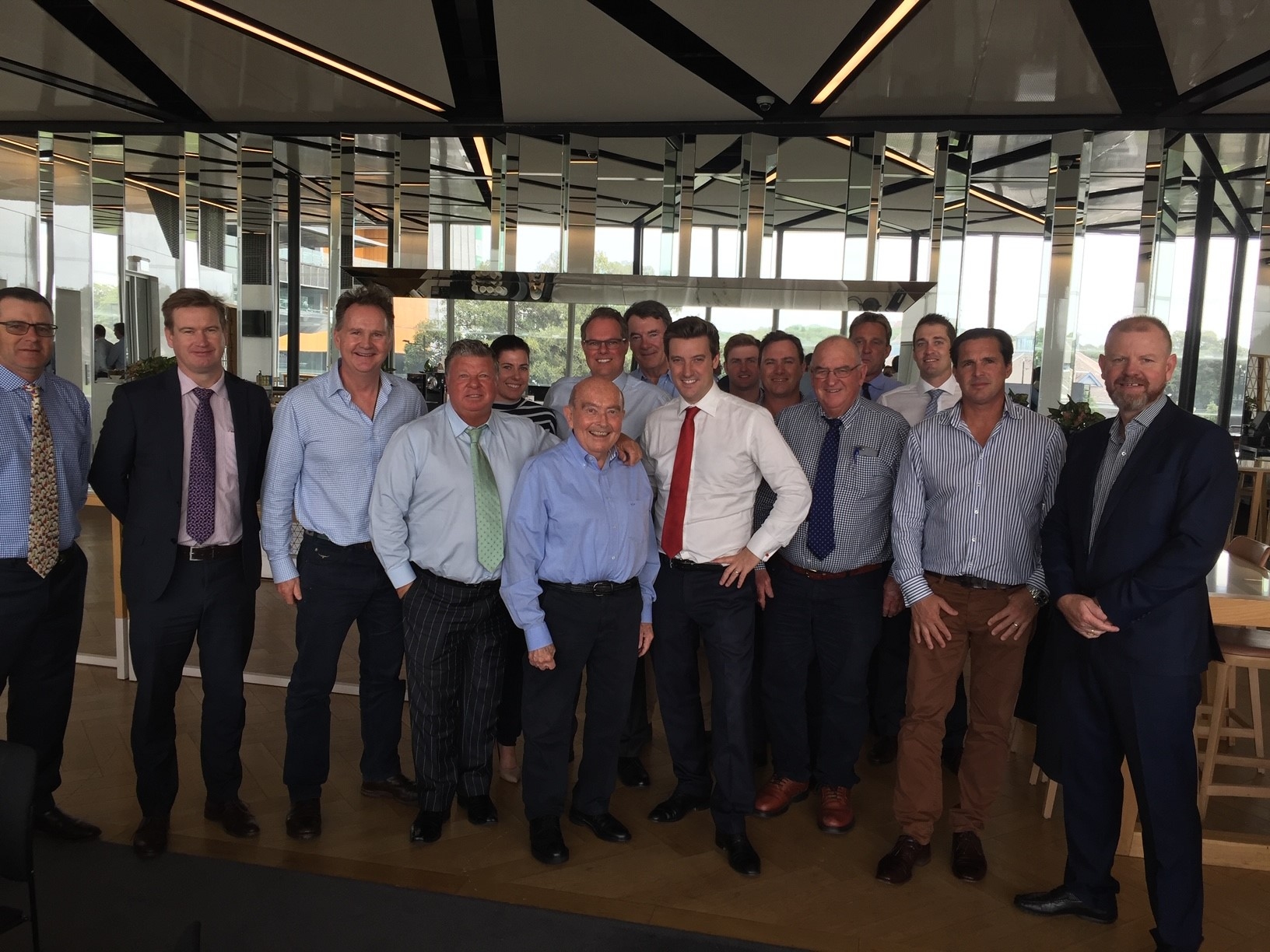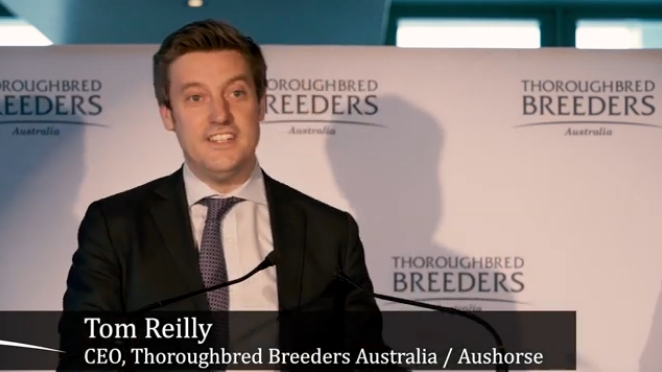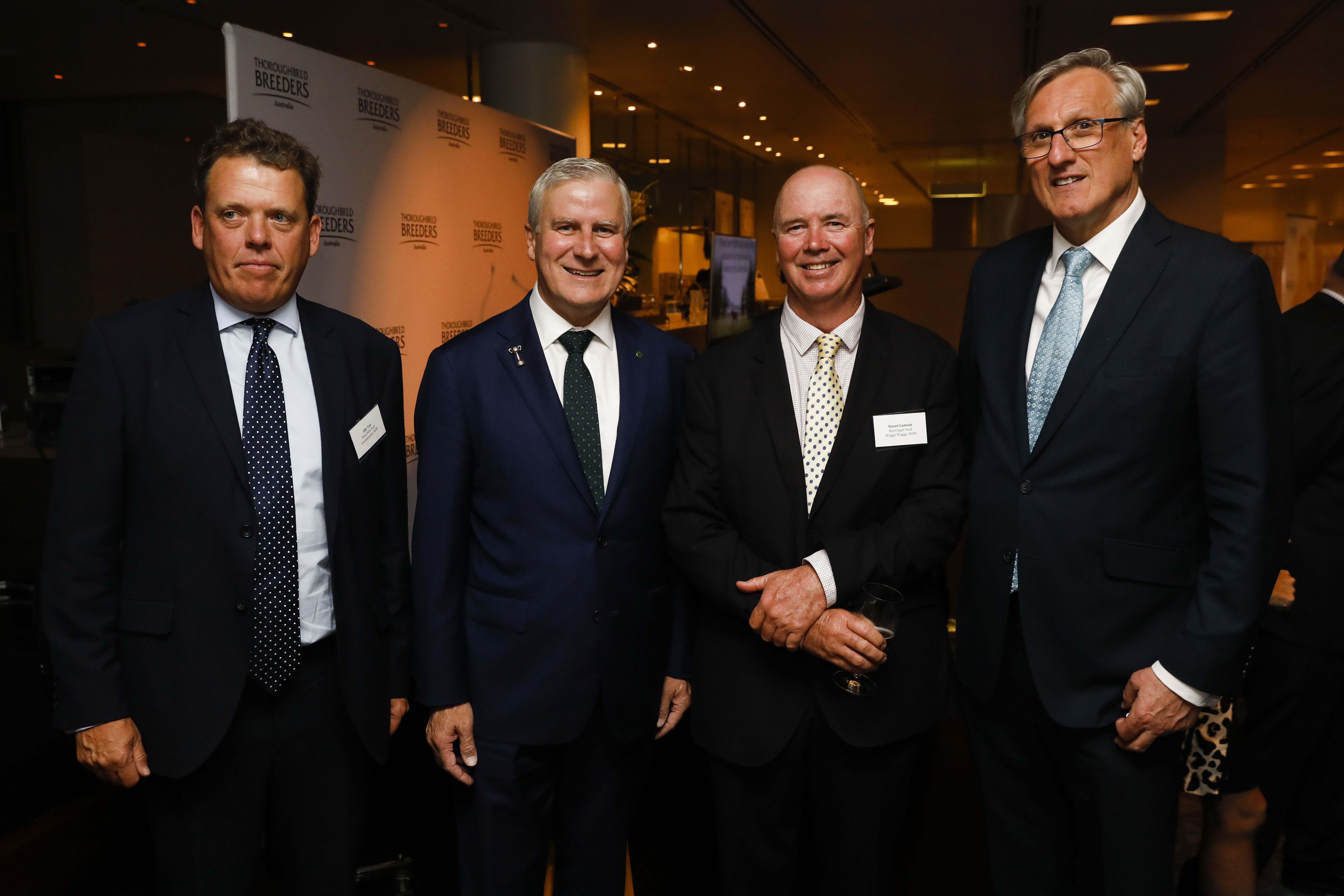The independent welfare panel that was set up by the thoroughbred industry earlier this year, and is chaired by former Victorian Premier Dr Denis Napthine, is calling for submissions from interested parties to assist its aim of improving the welfare of horses leaving the racing and breeding industries.
From today until 12pm on Friday, July 24 2020, the Thoroughbred Aftercare Welfare Working Group (TAWWG) is seeking submissions from any groups or individuals who wish to have their say on the best methods of protecting the health and wellbeing of all thoroughbred horses, most notably those exiting the racing and breeding industry.
These submissions will feed into the panel’s report, due for publication later this year, which will make practical recommendations to assist the thoroughbred racing and breeding industries in improving welfare outcomes.
The four-person panel, which was formed by Thoroughbred Breeders Australia (TBA) in conjunction with a host of industry stakeholders including the Australian Trainers’ Association and Australian Jockeys’ Association, is made up of Dr Napthine, who also previously served as Victoria’s Minister for Racing and is a qualified veterinarian; Dr Ken Jacobs, a former director of the Australian Veterinary Association; Dr Bidda Jones, Chief Science and Strategy Officer for RSPCA Australia; and Jack Lake, a senior advisor on agricultural policy in the governments led by former prime ministers Bob Hawke, Paul Keating and Kevin Rudd.
As well as taking written submissions, the TAWWG will also aim to meet with a range of stakeholders from both inside and outside the racing and breeding industries, including animal welfare groups, over the coming months.
“This project can only be successful if there is strong engagement from all stakeholders, including animal welfare groups, the racing and breeding industries and indeed anyone who has valuable insights to share, so we would encourage as many people as possible to come forward and have their say,” said Dr Napthine.
“This important process will be open and transparent, and so anyone who wishes to provide their views, information and expertise will be given the opportunity to assist the panel’s considerations and guide our consultation process.
“We look forward to engaging with a wide range of people so that we can formulate a plan to ensure the health and welfare of all thoroughbreds, particularly those who have retired or who never made it to the racetrack.
“Thoroughbreds are central to an industry that provides 72,000 full-time jobs and generates more than $9 billion each year in direct and indirect benefits to Australia’s economy, so the industry has a duty of care to look after them before, during and after their racing careers.”
During their extensive consultation period, the TAWWG will also be seeking assistance and advice from an industry steering group comprising leading trainer Chris Waller, best known for training Winx; Neil Werrett, Board Member of the Victoria Racing Club and part-owner of Black Caviar; Vin Cox, Managing Director of Godolphin Australia; John Kelly, owner of Newhaven Park Stud; Martin Talty, CEO of the Australian Jockeys’ Association; Andrew Nichol, CEO of the Australian Trainers’ Association; and Tom Reilly, CEO of Thoroughbred Breeders Australia.
Any groups or individuals considering making a submission are first encouraged to read the issues paper available online at the TAWWG’s official website (thoroughbredwelfareinitiative.org.au). The paper raises a number of topics and questions that the panel believe are relevant to their work.
“We are grateful to the panel for giving their time and expertise for this project, which is so important for the future of the thoroughbred industry and our horses,” said Mr Reilly.
“I am hopeful that every organisation or person with an interest in thoroughbred welfare will want to contribute, from governments to regulators through to participants and welfare groups.”
The TAWWG may wish to quote from extracts of submissions, with appropriate attribution, unless those making submissions request they remain confidential. Submissions can be emailed to secretariat@thoroughbredwelfareinitiative.org.au or posted to TAWWG, PO Box 149, Canterbury, NSW 2193.
For more information, please visit thoroughbredwelfareinitiative.org.au
ENDS
For more information contact:
Dr Denis Napthine
Tom Reilly
Background: In February this year the federal, state and territory governments established working groups to look at developing standards and guidelines for the welfare and transport of horses, and also the feasibility of a national horse traceability register.
In a report tabled in November last year, the Senate Rural and Regional Affairs and Transport Committee recommended the development of a traceability register. They said the register must serve a biosecurity function at its core, but also be designed in a way “that enables additional features to be incorporated into the system as it progresses” including the tracking of retired racehorses.





